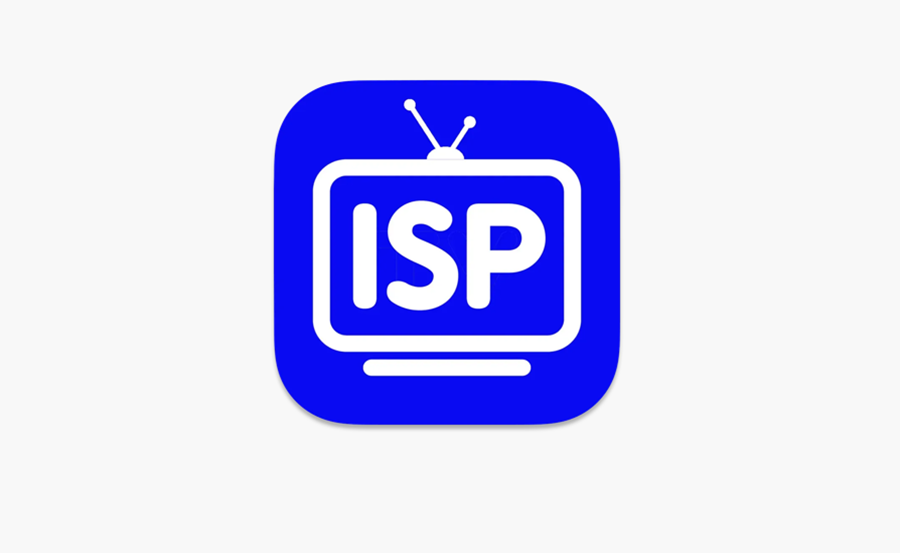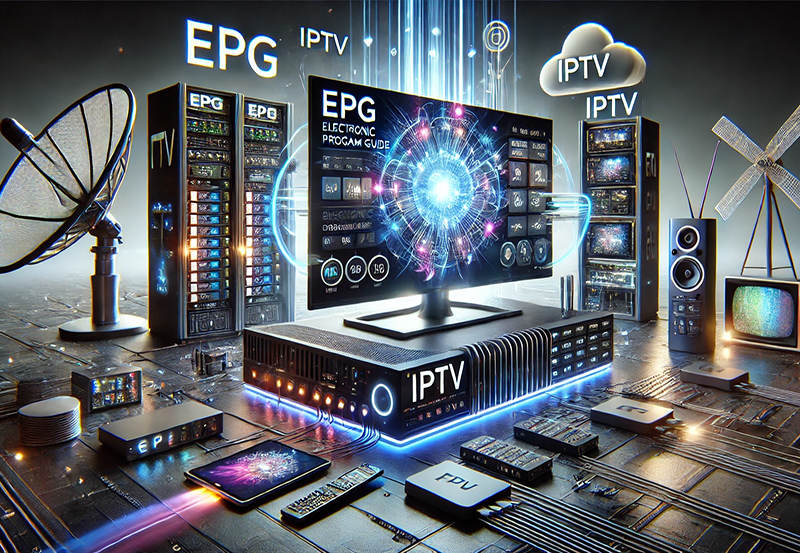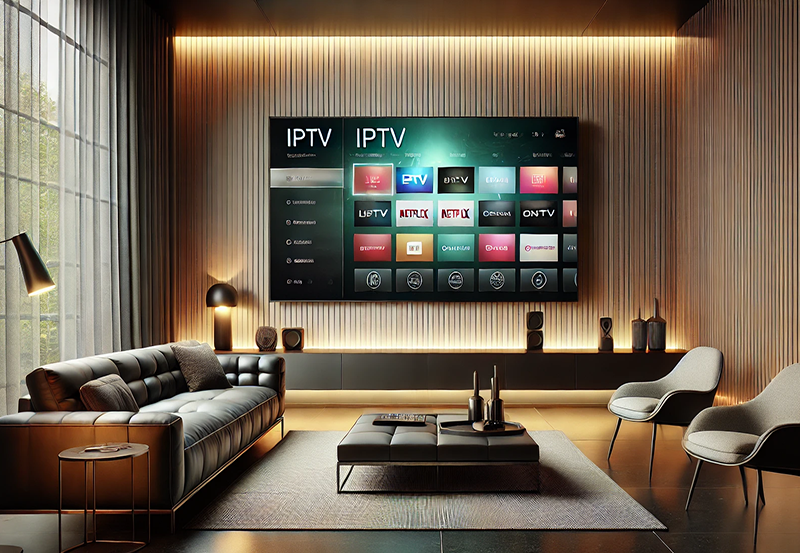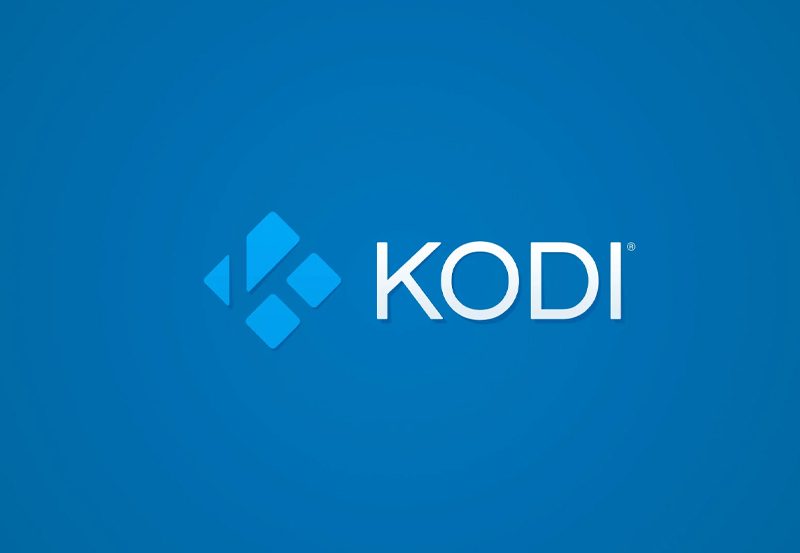In a rapidly transforming television landscape, choosing the right service can feel like navigating a labyrinth. On one side, we have the longstanding traditional cable services, the trusted ground we’ve known for decades. Yet, on the other, the alluring shimmer of IPTV stream players beckons, promising innovation and flexibility. In this guide, we’ll delve into exactly how these IPTV stream players stack up against traditional cable services for the modern consumer aiming to upgrade their TV experience today.
Buy 1 Year IPTV Subscription and Enjoy Unlimited Content
Understanding IPTV and Its Appeal
Internet Protocol Television, commonly referred to as IPTV, is revolutionizing the way we consume media. Unlike cable, which transmits signals through cables, IPTV delivers television content over the internet. This approach yields numerous benefits, such as cost-effectiveness and convenience. Users can access high-quality IPTV services without the limitations typically associated with cable, like regional content restrictions and inflexible packages.
A hallmark of the best IPTV experience is its flexibility. Subscribers enjoy the freedom to watch desired content on diverse devices, including smartphones, tablets, and smart TVs. This shift promises a more personalized viewing experience, tailored to fit individual lifestyles and preferences.
Advantages of IPTV Over Cable
One major upside to IPTV over traditional cable is the level of customization it offers. Unlike cable packages, which often come bundled with both wanted and unwanted channels, IPTV allows users to select precisely what they wish to subscribe to. This channel-selection flexibility not only enhances user satisfaction but also ensures economical usage of subscription fees.
Moreover, IPTV platforms often boast additional features such as video on demand (VoD) and catch-up TV. These services significantly elevate the consumer experience, granting them the privilege of watching content as per their schedule, rather than being tied to a broadcast timetable.
Potential Downsides of IPTV
While IPTV offers many advantages, it is not without its potential pitfalls. The reliance on internet connectivity can be both a blessing and a curse. Unlike cable – which functions irrespective of internet availability – IPTV requires a robust and stable internet connection to run smoothly. Connection issues can thus translate to viewing disruptions, buffering, and delays.
Security concerns also loom over IPTV, as it involves data transmission over the internet. Reputable service providers maintain strong security protocols to combat potential breaches, yet the risk remains viable for less scrupulous providers. Consumers must therefore do their due diligence in selecting their providers carefully.
Cost-Effectiveness: A Deeper Look
Cost is a decisive factor for many when choosing between IPTV and traditional cable. IPTV is generally more affordable due to the absence of infrastructure costs associated with cable television. However, striking a balance between price and quality remains key. Opting for a high-quality IPTV service is crucial to securing a superior viewing experience.
- IPTV subscriptions often come without long-term contracts, offering more financial flexibility.
- Cable packages, while historically expensive, can provide package deals that reduce overall cost for bundled services (e.g., TV, internet, phone).
- Hidden fees can apply with both services, requiring consumers to scrutinize terms and conditions carefully.
A Closer Look at Traditional Cable Services
Cable television has been the cornerstone of home entertainment for generations, providing a seamless and straightforward viewing experience. Recognized for its reliability and extensive content offerings, cable has managed to sustain a significant user base even in the face of rising IPTV adoption.
Reliable Performance and Content Availability
Cable services are lauded for their reliability. Unlike IPTV, which can experience disruptions in poor internet connectivity conditions, cable largely remains unaffected by external electronic interferences, providing clearer, consistent viewing.
In terms of content, traditional cable offers a wide array of channels and programming options, featuring both local and international selections. This abundance ensures viewers are never at a loss for content, catering to varying tastes and preferences.
Limitations in Flexibility
Despite its steadfast nature, traditional cable is often criticized for its lack of flexibility. Content is typically delivered through fixed programming schedules, forcing consumers to adapt their viewing habits to the broadcaster’s timeline. This regimented approach can be restrictive for viewers accustomed to the on-demand culture fostered by digital streaming services.
Moreover, geographical restrictions in content delivery further complicate the viewing experience for cable users, particularly in regions with limited access to international programming. These constraints can diminish the user experience and skew consumer preference towards more adaptable IPTV platforms.
The Setup and Maintenance Experience
Subscribing to traditional cable often involves installation fees and a somewhat intrusive setup process, which deters consumers looking for a quick and hassle-free television solution. The need for additional equipment like set-top boxes and cables not only ups the initial cost but can also clutter living spaces.
- Setup typically involves scheduled service appointments, adding an element of inflexibility.
- Though maintenance is infrequent, any required service calls can further extend downtime periods and inconvenience users.
- IPTV, conversely, often requires minimal setup, especially if using a pre-existing smart device.
The Technology Behind IPTV Stream Players
The growing trend of cord-cutting is partially due to the technological advancement of IPTV stream players, which continually push boundaries in terms of capability and convenience. These devices play a pivotal role in bridging the gap between the digital world and the consumer’s home entertainment system.
Top Features That Enhance Viewing Experience
IPTV stream players deliver more than just television; they offer an entire ecosystem of multimedia features. Users have access to a plethora of apps, including streaming giants like Netflix and Hulu, directly from their receiver devices. In essence, an IPTV device transforms an ordinary TV into a smart hub capable of multiservice functionality.
One of the best features is the integration of customized user interfaces that adapt to viewer preferences, facilitating a tailored media consumption experience. More recent generations of IPTV players also incorporate voice-command features, aligning with modern smart home trends and enhancing ease of use.
Compatibility and User Accessibility
IPTV stream players boast superior compatibility with a range of devices, ensuring that whether you’re using a smartphone, tablet, or traditional television, access remains unfettered. This overarching compatibility is particularly attractive to tech-savvy users seeking seamless integration across various devices.
The user interfaces designed for IPTV players prioritize accessibility. Menus and navigation tools are generally intuitive and user-friendly, reducing any learning curves experienced during transition from cable services. This ease of access champions a diverse audience, welcoming even those less familiar with evolving tech trends.
The Future of IPTV and Traditional Cable Services
Both IPTV and traditional cable are evolving continuously in response to consumer demands and technological advancements. While IPTV is steadily gaining ground, fueled by its digital nature and adaptability, cable companies are also innovating to retain and attract new demographics.
Cable’s Response to IPTV Popularity
Cable providers are increasingly offering hybrid services that leverage internet capabilities to deliver IPTV-like features—such as live streaming options, mobile apps, and on-demand content—to traditional subscribers. These enhancements offer an improved viewing experience without necessitating cable disconnection.
Moreover, some cable companies are forming strategic partnerships with streaming platforms, integrating popular services into their packages, which provides consumers with a blend of traditional and modern media offerings.
Making the Decision: Which Is Right for You?
Choosing between IPTV and traditional cable ultimately hinges on personal preferences, lifestyle, and technological adaptability. Prospective users must weigh the pros and cons of each option in alignment with their viewing habits and expectations.
Factors to Consider Before Switching
1. Budget: Assess your financial flexibility and compare the costs of both services, including any additional expenses associated with installation or equipment.
2. Content Requirements: Reflect on whether you prefer a vast array of channels or more selective content that aligns with personal interests.
3. Tech Savvy: Evaluate your comfort level with technology, as IPTV may require a greater willingness to adapt to new interfaces and devices.
Is IPTV Worth the Investment?
For those considering the change, IPTV presents an enticing proposition with its dynamic and flexible service offering. It affords a level of agency and personalization that aligns with contemporary viewing preferences—ultimately, it may become the preferred choice for digital natives seeking a fluid entertainment experience.
In an increasingly digital world, IPTV represents the future of television. Its adaptability, comprehensive features, and personalized approach render it an appealing choice for anyone eager to upgrade their TV experience today. That said, assessing personal needs and evaluating provider offerings remain critical steps in selecting the best IPTV experience.
Frequently Asked Questions

What is the main difference between IPTV and cable?
The key difference lies in the transmission method: IPTV delivers content via the internet, whereas cable relies on physical cables. This results in varying levels of service flexibility and content accessibility.
Is IPTV cheaper than traditional cable?
IPTV tends to be more cost-effective due to its streamlined infrastructure needs and subscription flexibility. However, the actual cost can fluctuate based on additional features and provider choices.
Do I need special equipment for IPTV?
Yes, you typically need a compatible streaming player or a smart TV with built-in functionality to access IPTV services. Many service providers also offer apps that can be used on existing devices.
Can I access local channels with IPTV?
Many IPTV providers offer local channels; however, availability varies by provider and region. Reviewing the channel list of a provider before subscribing can ensure access to desired local content.
How reliable is IPTV compared to traditional cable?
IPTV reliability depends largely on your internet connection quality. With a robust connection, IPTV can provide consistent quality, but fluctuations in internet stability can lead to downtime, unlike traditional cable.
Are there security concerns with IPTV?
There can be, as IPTV services deliver content over the internet, opening potential security risks. Opting for reputable providers known for strong security measures is crucial to safeguarding user data.
IPTV Smarters: Your Ultimate Streaming Companion Explained





